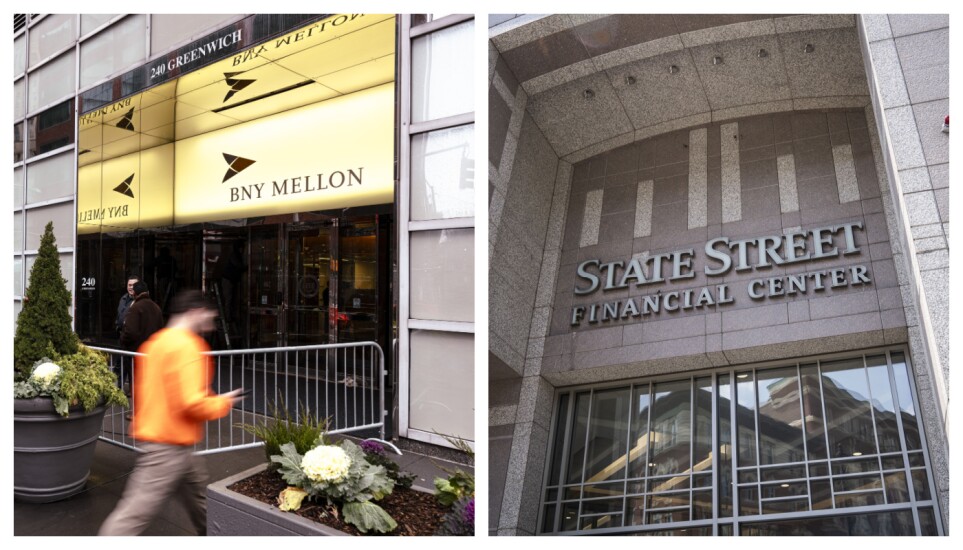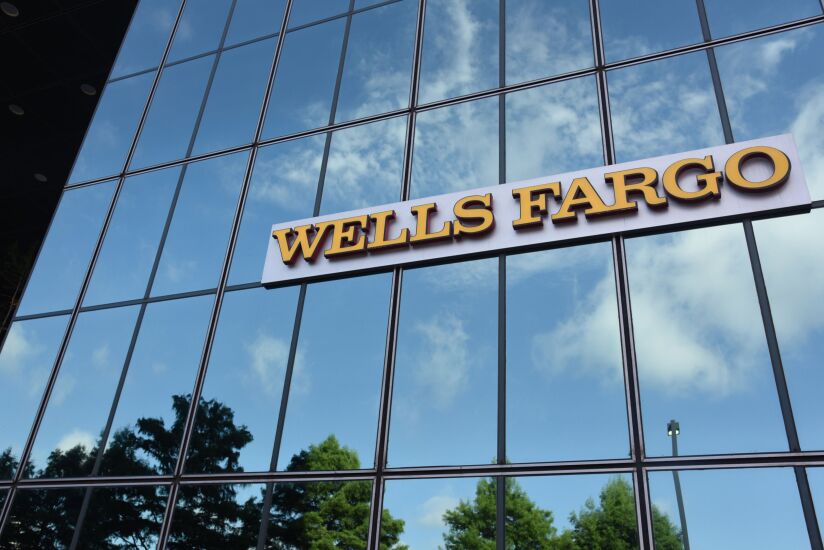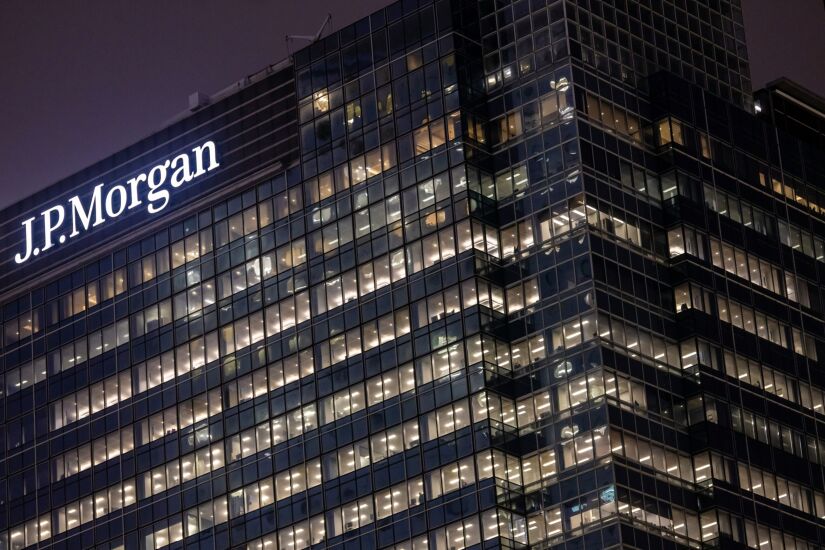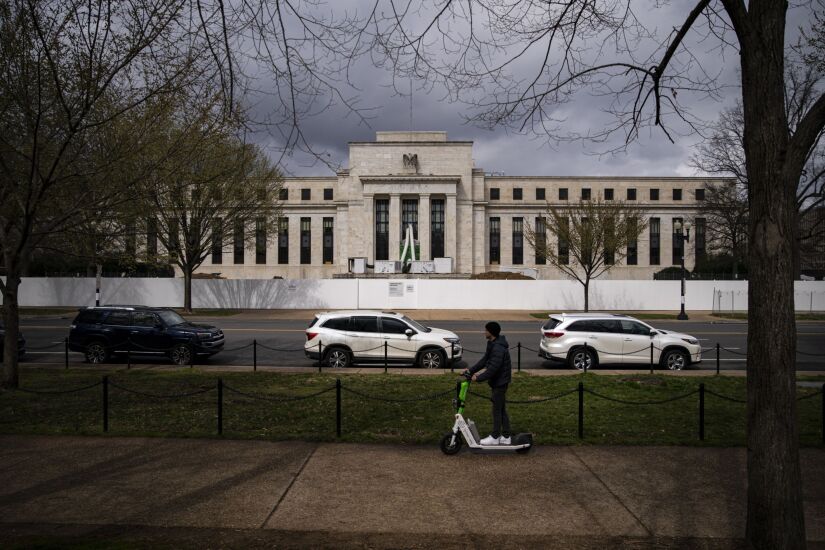
After passing the Federal Reserve's annual stress test with flying colors, large banks have some flexibility for capital actions like increasing their dividends and share repurchases.
The 22 stress-tested banks, most of which have more than $250 billion of assets, are expected to start revealing their plans after the market closes this afternoon.
On Friday, the Fed said that the banks it examined this year
"Everybody won," Piper Sandler analyst Scott Siefers told American Banker on Monday. "The results overall were just so much better than even optimistic people had really figured they would be."
The Fed said that it expected banks to wait until July 1 after 4:30 p.m. to publicly disclose information about their planned capital actions and initial stress capital buffer requirements.
Typically in those disclosures, banks note their new capital requirements, along with dividend increases and sometimes stock buybacks. But as the financial regulators weigh different capital rule proposals, banks may opt to wait on offering more information until there's more certainty around future requirements.
Banks are slated to begin reporting second-quarter earnings performance in about two weeks.
Follow along for updates in real time about the stress-tested banks' capital plans.








